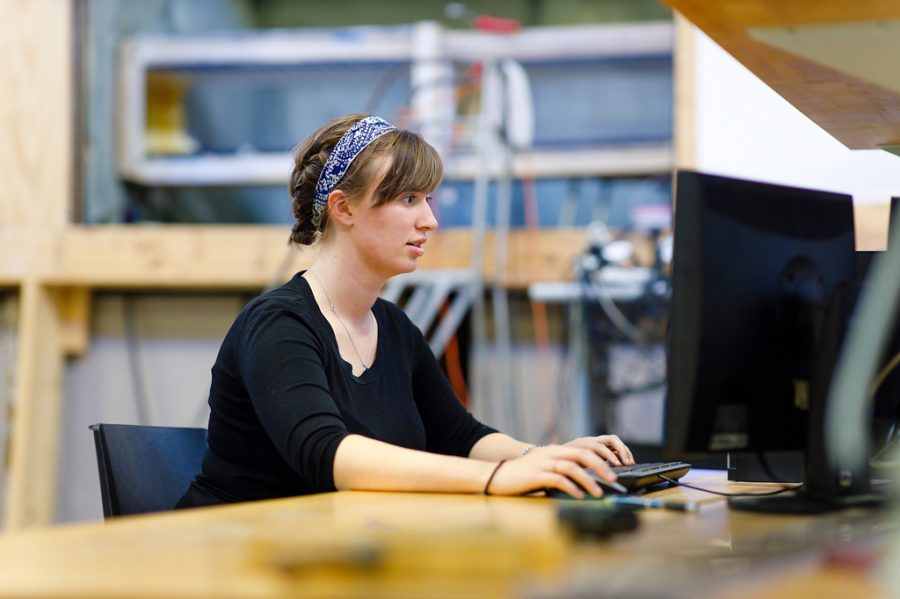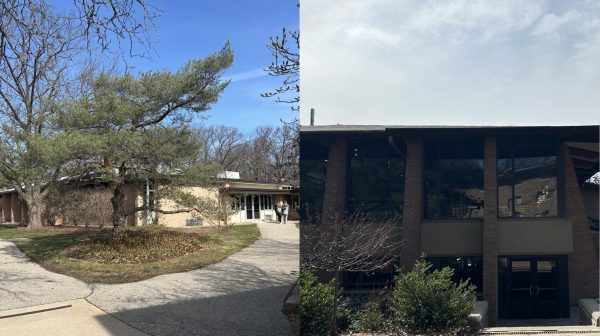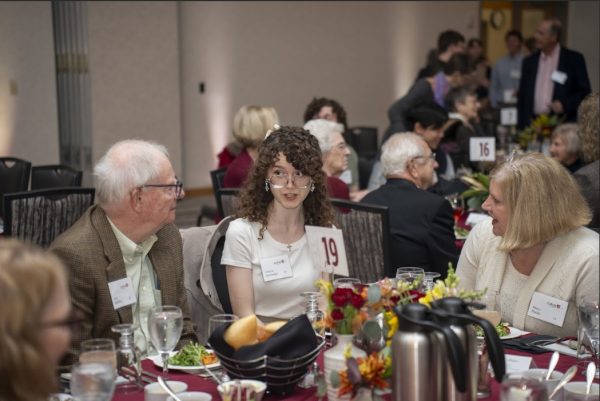Interim changes cause problems for engineering students
For the engineering department and its students, interim’s move to May and adding its cost to spring semester tuition has created new difficulties with taking a required senior special topics interim.
Thanks to changes to the academic calendar, 2021 is the final year that interim will be offered in January. All future interims will take place in May, after graduation for seniors. Additionally, interim is now considered part of spring semester for payment purposes. In order to avoid paying overload fees, a student taking a standard three credit interim course may take no more than 14 credits during the spring semester.
To help senior engineering majors who need to take more than 14 credits during their final semester, Calvin is offering to waive overload fees. This option was announced on Oct. 21. Students must prove that all the courses they are taking are essential to graduation, and only seniors are eligible.
For some seniors, the waiver isn’t needed. According to Gail Ermer, engineering department chair, in three out of four program concentrations, students who follow the standard engineering course sequence will only need to take 14 semester hours of coursework during the spring of their senior year.
It is unclear what situation engineering majors who are currently juniors will face next year. There is a possibility that the department might no longer require or even offer the senior special topics course.
Samuel Dare, a junior, thinks this shouldn’t be the case. “Compared to other schools, we are doing nowhere near as many things hands on. The balance Calvin has struck between hands-on and classroom learning is awfully skewed towards classroom learning,” Dare said. “I believe engineering graduates of Calvin will continue to get lesser jobs, and Calvin will continue to have decreased enrollment because they lack the understanding of what employers want, yet they charge students what top tier universities are charging.”
Junior Alexander Johnson echoed Dare’s sentiments. “When I interview with internships, they rarely ask about what I’m learning in class and more on what I learn through projects,” he said. “I think the loss of interim is the loss of a crucial class in Calvin’s engineering program, a program I believe should pivot more towards projects and design rather than solely mathematics.”
Tori-Ann Brown, a junior majoring in chemical engineering and biochemistry, is concerned by another possibility: What if the special topics class becomes a standard semester-long course and complicates scheduling?
“Some students have meticulously planned their 4 years (like me), taking everything into consideration to add either a double major or a minor,” she said.
“The engineering program is very constrained in terms of fitting all of the required courses into four years, but the engineering faculty will be doing our best over the coming months to balance the need to make sure students are prepared for engineering careers while at the same time minimizing costs for students” Ermer said. She also expressed concern about requiring students to take a May interim the year they are graduating.
For now, however, junior engineering majors who will need to take more than 14 credits during their spring semester are making their own contingency plans. “We’re beginning to plan on…reducing a double major to a minor, taking community college courses elsewhere, etc, to lighten up our senior spring, or doubling down and finding an extra job to pay for the unexpected expense,” said Isaac Spackman, a junior with a concentration in mechanical engineering.
Ermer told Chimes that the department is hoping to communicate a decision to students by the end of November.









